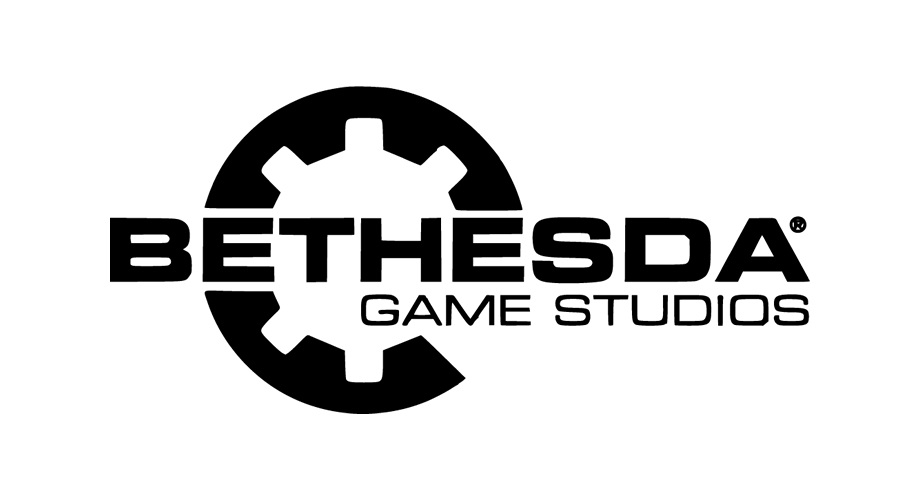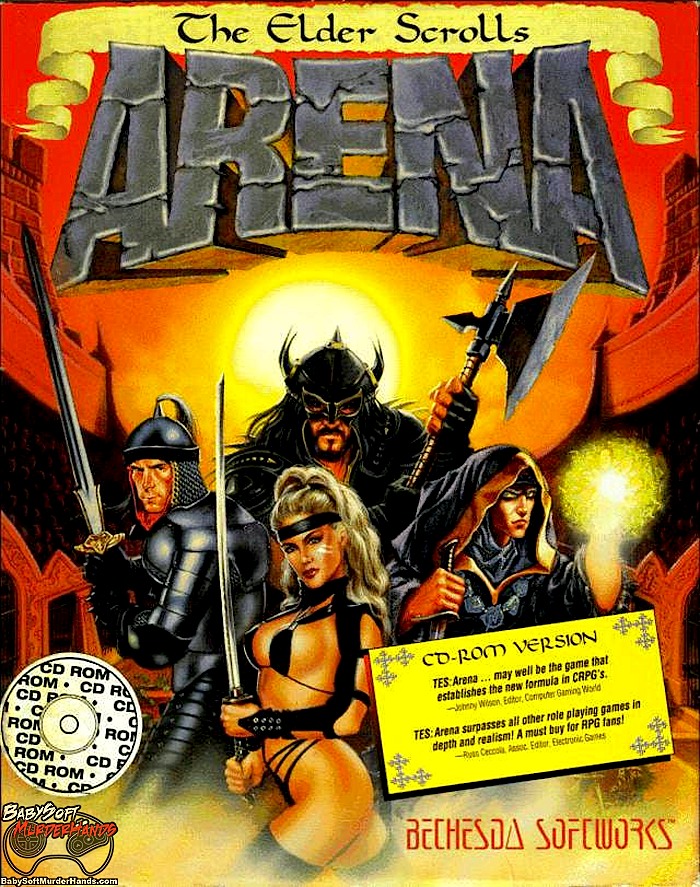 Though perhaps not the largest company in the business, Bethesda Softworks has seen some truly unprecedented success with the likes of the Elder Scrolls series as well as with Fallout. Over more than 30 years, the company has turned from a small RPG developer into a juggernaut of blockbuster gaming.
Though perhaps not the largest company in the business, Bethesda Softworks has seen some truly unprecedented success with the likes of the Elder Scrolls series as well as with Fallout. Over more than 30 years, the company has turned from a small RPG developer into a juggernaut of blockbuster gaming.
 Bethesda Softworks was founded in 1986 by Christopher Weaver, under the larger umbrella of Media Technology Limited. The company was named for where it was founded – Bethesda, MD – and was created out of Weaver’s desire to develop for personal computers. Weaver, a Massachusetts Institute of Technology graduate, had also worked in the broadcasting industry with NBC and ABC as well as within the U.S. Congress as the Chief Engineer on the Congressional Subcommittee on Communications.
Bethesda Softworks was founded in 1986 by Christopher Weaver, under the larger umbrella of Media Technology Limited. The company was named for where it was founded – Bethesda, MD – and was created out of Weaver’s desire to develop for personal computers. Weaver, a Massachusetts Institute of Technology graduate, had also worked in the broadcasting industry with NBC and ABC as well as within the U.S. Congress as the Chief Engineer on the Congressional Subcommittee on Communications.
 Bethesda is generally credited with the creation of the first physics engine in gaming, which was used in the 1986 release, Gridiron!, a game for the Atari ST and Commodore 64/128. The game wasn’t much to look at graphically, but the physics were so impressive to the folks at Electronic Arts that they opted to hire Bethesda to help develop the very first John Madden Football, which released in 1988.
Bethesda is generally credited with the creation of the first physics engine in gaming, which was used in the 1986 release, Gridiron!, a game for the Atari ST and Commodore 64/128. The game wasn’t much to look at graphically, but the physics were so impressive to the folks at Electronic Arts that they opted to hire Bethesda to help develop the very first John Madden Football, which released in 1988.
EA was actually sued by Bethesda in 1987 for $7.3 million. Bethesda claimed that EA had halted the release of Gridiron! on other consoles (something EA had bought the rights to do) after choosing to incorporate several major elements of the game into John Madden Football. They believed that EA had bought the Gridiron! rights simply to get their hands on the underlying code of the physics engine. The details of how the lawsuit played out have never actually been made public. The Madden series continues to see annual releases and maintains its status as one of the best-selling sports series ever.
 Bethesda released a number of other sports titles in their early years of game development, including Wayne Gretzky Hockey, NCAA Basketball: Road to the Final Four, and Hockey League Simulator. They also released a handful of games based on licensed properties such as Home Alone, Where’s Waldo? and The Terminator.
Bethesda released a number of other sports titles in their early years of game development, including Wayne Gretzky Hockey, NCAA Basketball: Road to the Final Four, and Hockey League Simulator. They also released a handful of games based on licensed properties such as Home Alone, Where’s Waldo? and The Terminator.
The company took a sharp turn away from what they had previously worked on with the development of The Elder Scrolls: Arena, which released in 1994. Many members of Bethesda’s staff had become enamored with tabletop role-playing games, and that experience helped influence the creation of the Elder Scrolls’ world. Arena was not originally planned as a role-playing game, instead being developed first as a gladiatorial tournament game that would also feature sidequests. Eventually, the quests – and various other traditional RPG elements – kind of took over and became the game’s focus.
 The game was still called Arena, despite not actually having any arena combat, thanks to how marketing material had already been printed with the title, and Bethesda wasn’t interested in spending more money to re-print anything. The company irritated distributors by missing their Christmas 1993 deadline, and the game only shipped 20,000 copies when it was finally finished in March of ’94. Fortunately, Arena managed to achieve success through positive word of mouth, and helped to establish the defining series for Bethesda Softworks.
The game was still called Arena, despite not actually having any arena combat, thanks to how marketing material had already been printed with the title, and Bethesda wasn’t interested in spending more money to re-print anything. The company irritated distributors by missing their Christmas 1993 deadline, and the game only shipped 20,000 copies when it was finally finished in March of ’94. Fortunately, Arena managed to achieve success through positive word of mouth, and helped to establish the defining series for Bethesda Softworks.
The full text of this article on Bethesda and games that followed, like The Elder Scrolls sequels and Fallout, is featured in The Overstreet Guide to Collecting Video Games, available at gemstonepub.com.











